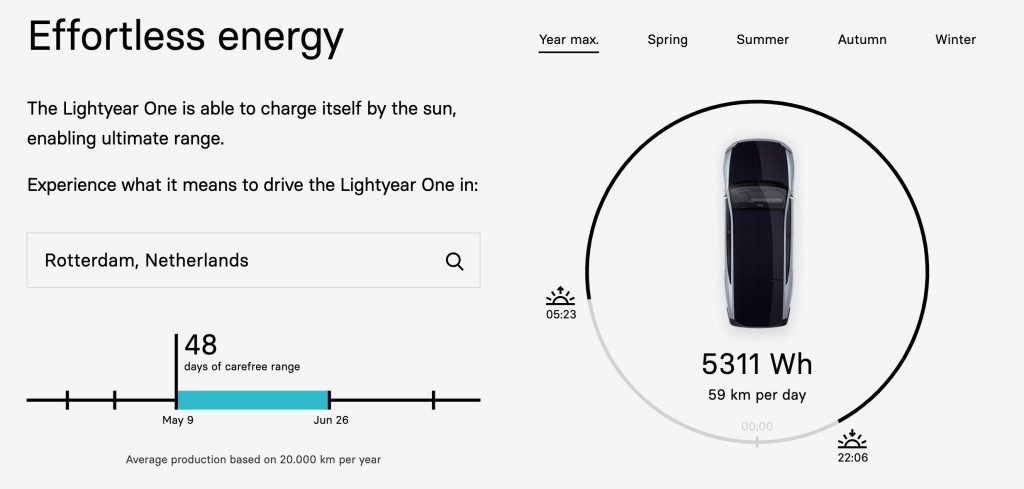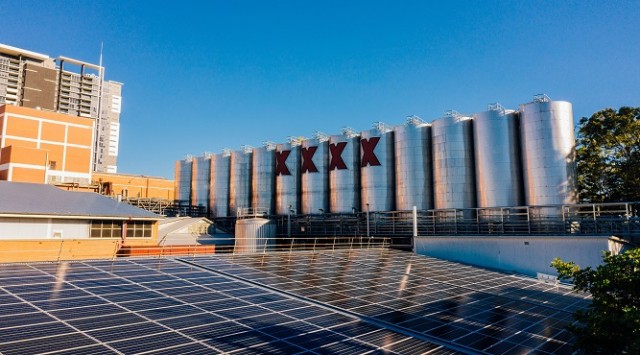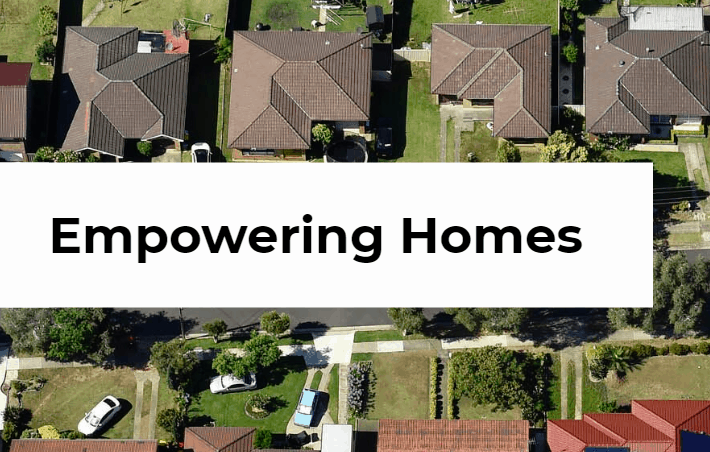Renewable energy procurement and start-up platform WePower have secured a strategic equity investment via Japanese investment/trading corporation Marubeni Corporation. A press release was published this morning. Let’s take a look and see what this could mean for businesses looking to purchase renewable energy on a scale they’re comfortable with.
WePower partner with Marubeni Corporation
You might remember WePower’s ICO at the start of last year – the blockchain-based green energy trading platform has enjoyed a massive financial coup by partnering with Marubeni Corporation. This will support rapid expansion of their ‘disruptive green energy procurement platforms’. This is really exciting news for a company we have been watching for a couple of years. We’re looking forward to seeing what their attitude towards PPAs for smaller (‘almost any’) companies will fare – so you don’t have to go all out on commercial solar (such as the XXXX brewery at Milton’s solar installation) and can just buy what you need at a smaller level.
WePower sees Australia as one of the fastest growing markets globally for power purchase agreements (PPA) and this investment will help bring green energy to corporate and industrial consumers from around Australia.
According to a press release from today, WePower Standardised Power Purchase Agreements (PPA) streamline risk management and introduce previously non-existent liquidity for the energy purchased via direct energy contracts.
Nikolaj Martyniuk, WePower’s Co-founder and CEO, says the investment was secured because of deep synergies with Marubeni Corporation’s Power Business Division.
“We are delighted to work in partnership with Marubeni Corporation to develop and introduce new commercial energy services, as well as scale our solutions globally to markets including Australia.”
“Two-thirds of the energy produced worldwide is consumed by commercial and industrial clients. So, any meaningful change towards a fully sustainable future is not possible without enabling more corporate and industrial consumers to participate in the green energy revolution.
“To date, only the largest global corporations have been able to access renewable power sources by directly purchasing from a producer. The complexity of this process has created a barrier for smaller companies looking to integrate renewables into their energy mix and contribute to the growth of green energy development,” Nikolaj continues in the press release
Yoshiaki Yokota, Chief Operating Officer, Power Business Division, Marubeni Corporation discussed the deal:
“We did it by disrupting the traditional energy supplier business model with a deep focus on big data and a radically different approach to energy sourcing, management and trading. We believe WePower is in a unique position to disrupt the traditional corporate energy procurement markets by allowing almost any company to buy energy directly from renewable producers.”
Learn more about WePower by visiting their website.





